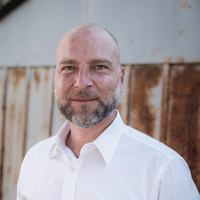In the context of this pilot, the participants learnt about local participation mechanisms by simulating the negotiation and approval stages of a participatory budget and popular referendum. The simulation game is designed to empower citizens in the use of direct local democracy procedures, providing an insight into the dynamics of the creation and debate of municipal policies.
The participants first had to create different policy proposals regarding three topics of local interest: environmental protection, mobility and public spaces. After this, each thematic group had the task to convince and gain the support from other participants to reach an agreement and approve their proposal through different democratic mechanisms. The game ended with a vote, simulating the substantive requirements for each procedure, and the announcement of the measures approved.
One of the participants in the simulation game has shared his thoughts: “The implementation allowed me to truly delve into the decision-making of citizen participation, the implications it had and the creativity that citizens had to propose and oppose according to their own perspectives and the role they had to assume. What I found most fascinating is that many of those who participated wanted to replicate this game in their environment or explain it to schools since they considered it to be a very interactive and fun method for such a complex topic that involves so many actors.”
“Comunidad de Jovenes Lideres” is an initiative created by IPAE, with the goal of training, empowering and connecting a diverse group of young people invested in the construction of a democratic and prosperous society in Peru. The pilot also counted on the collaboration of the instructor from IIRP Latin America Manuel Delgado, who was in charge of the implementation of the workshop and its methodology.
We look forward to continuing our cooperation with Peru’s civil society and private sector, fostering the impact of youth on the strengthening of the country’s democracy.



